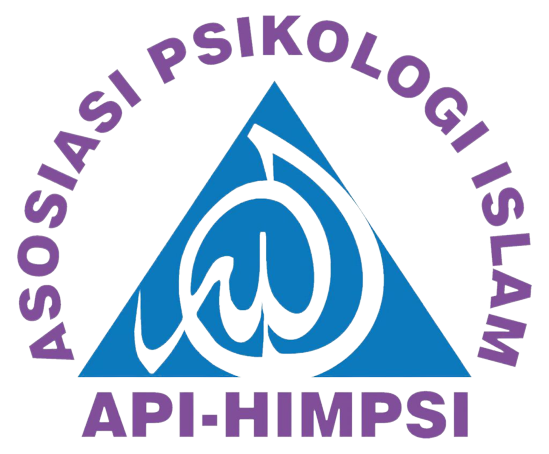Pengaruh Intensitas Menonton Film Di Youtube Terhadap Theory-Of-Mind Anak Usia 4-5 Tahun
(Submitted 7 Desember 2020) (Published 28 Februari 2021)
DOI:
https://doi.org/10.36341/psi.v4i2.1559Keywords:
Intensitas menonton, theory of mind, youtubeAbstract
Kemampuan anak memahami pikiran dan perasaan orang lain orang lain (theory of mind) sangat penting bagi perkembangan kognisi sosial. Film cerita anak yang ditonton melalui saluran youtube diprediksi dapat menghubungkan anak dengan situasi mental orang lain. Penelitian ini bertujuan untuk mengetahui pengaruh intensitas menonton film di youtube terhadap theory of mind anak usia 3-5 tahun. Theory of mind diukur menggunakan skala ToM yang dibuat oleh Wellman dan Liu yang telah diadaptasi kedalam bahasa Indonesia oleh Kuntoro, Saraswati, Peterson dan Slaughter (2013). Intensitas menonton film di youtube diukur dengan menggunakan kuesioner/angket. Skala ToM diberikan kepada 215 anak (98 laki-laki, 117perempuan), usia 4-5 tahun/48-71 bulan (M = 60.25, SD = 6.482), dan kuesioner perilaku menonton film di youtube diisi oleh orangtua dari anak-anak usia 4-5 tahun. Pengambilan sampel dilakukan menggunakan teknik purposive sampling. Uji hipotetsis penelitian menggunakan analisis regresi sederhana. Hasil penelitian menemukan bahwa R= 0.019 dengan R2 = .000, p > 0.05, artinya perilaku menonton film di youtube tidak berpengaruh secara signifikan terhadap terhadap theory of mind anak usia 4-5 tahun..
Downloads
Downloads
Published
Issue
Section
License
1. Copyright of all journal manuscripts is held by the Psychopolytan : Jurnal Psikologi
2. Formal legal provisions to access digital articles of electronic journal are subject to the provision of the Creative Commons Attribution-ShareAlike license (CC BY-NC-SA), which means that Psychopolytan : Jurnal Psikologi is rightful to keep, transfer media/format, manage in the form of databases, maintain, and publish articles.
3. Published manuscripts both printed and electronic are open access for educational, research, and library purposes. Additionally, the editorial board is not responsible for any violations of copyright law.
licensed under a Creative Commons Attribution-ShareAlike 4.0 International License.








